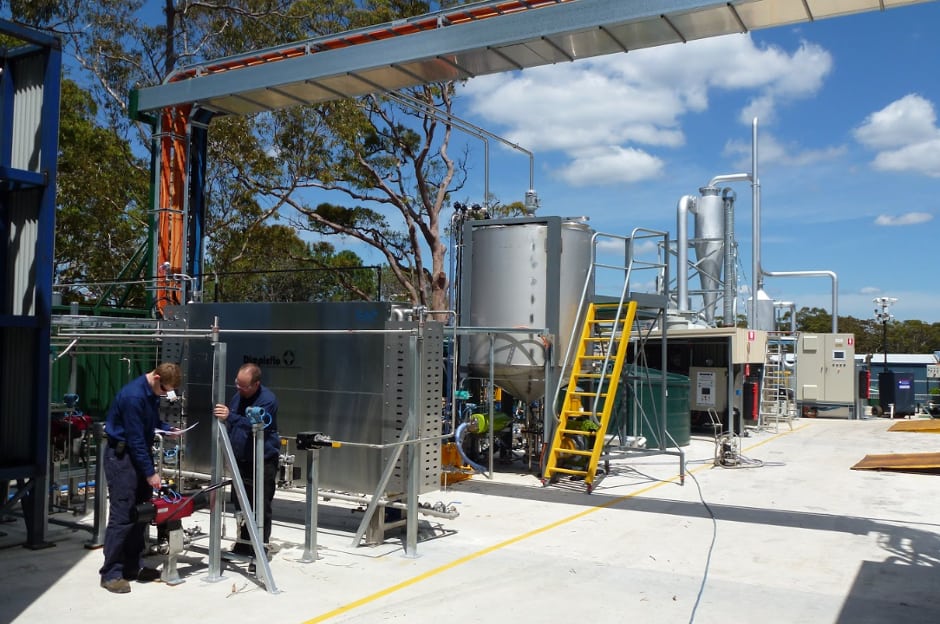The memorandum of understanding was signed at the University of Sydney by the government of East Timor (Timor-Leste) and Mura Technology, a joint venture between Australia’s Licella Holdings and the UK’s Armstrong Energy.
Mura will assist in establishing the chemical recycling plant via RESPECT, a new not-for-profit organisation that will be able to buy plastic waste from community groups and sell products derived from waste processing. Surplus cash proceeds will then be used help finance community projects.
Demetrio do Amaral de Carvalho, Timor-Leste’s secretary of state for the environment, said: "This is an exciting collaboration for us. Not only will it make a big difference in plastic waste reduction and reduce harm to our cherished marine life, but Timor-Leste can be an example to the rest of the world about what this technology can achieve and the benefits it will have for the planet."
The new plant will deploy a Catalytic Hydrothermal Reactor (Cat-HTR), a chemical recycling technology invented by the University of Sydney’s Prof Thomas Maschmeyer, who founded Licella Holdings to commercialise the technology.

Cat-HTR uses water under high temperature and pressure to chemically recycle waste plastic (including plastic currently deemed non-recyclable) back into oil that can be used to produce new plastic, fuels and chemicals.
Dr Len Humphreys, co-founder and CEO of Licella Holdings, said: "Cat-HTR is much better equipped to handle plastic waste than the current systems in place as it converts all types of plastic waste into high-value products in only 20 minutes.
"This has multiple benefits, such as the reduction in costs for waste producers due to materials re-use, reduced landfill and less plastic in our oceans."
East Timor generates an estimated 70 tonnes of plastic per day and it is claimed that one Cat-HTR plant could potentially convert the country’s entire plastic waste stream.





RIA launches strategic vision for 2050 rail network
I think the main benefit of HS2 was to free up capacity on the existing lines for freight or additional passenger journeys, but the time savings were...